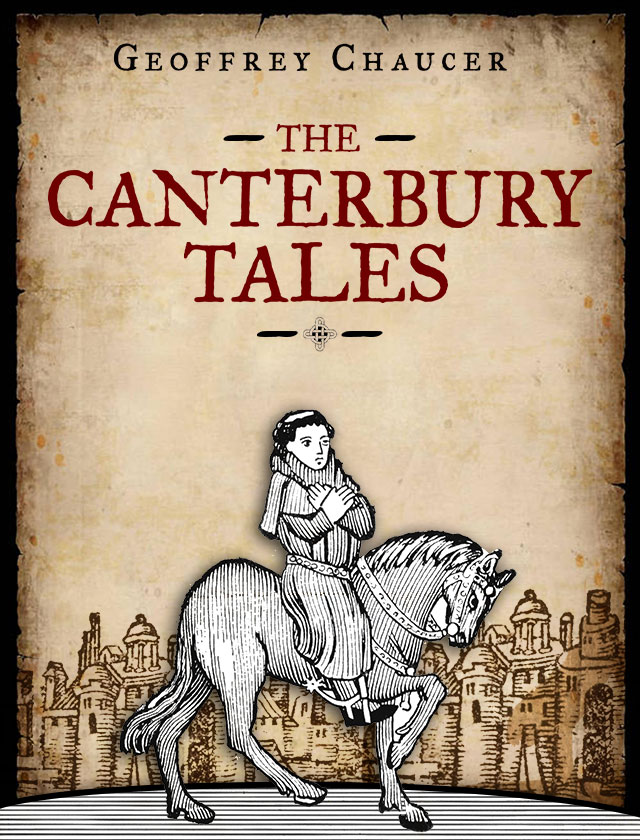The Canterbury Tales
by Geoffrey Chaucer
The Pardoner
The Pardoner plays an interesting role in the pilgrims’ procession, which somewhat reflected the role that actual pardoners would have played in 14th-century England. Pardoners were nominally religious figures because their job was to give indulgences, which were pardons, in exchange for sins. However, rather than simply repenting, the sinners had to pay for the indulgences. Theoretically, this payment was a donation, but the pardoners were unlikely to give an indulgence to a person who would not pay. Moreover, pardoners received a salary from the Church to offer the indulgences, and were not supposed to profit from their sale, but pardoners were notorious for profiting from the sale of the indulgences. The Pardoner exemplifies everything that was wrong with the pardon system. He is lustful, which contradicts his role in the Church, although the exact nature of his sexuality is questionable, since he is effeminate. In fact, the Narrator suggests that the Pardoner may actually be a eunuch. He has a sack of false relics, and sells them to people seeking real relics. Moreover, the Pardoner does not appear to be ashamed of his practices. He tells the other pilgrims about how he uses his sermons to make people feel guiltier, which makes them more likely to want to purchase indulgences. He also tries to sell them indulgences, which was contrary to what he was supposed to do.
